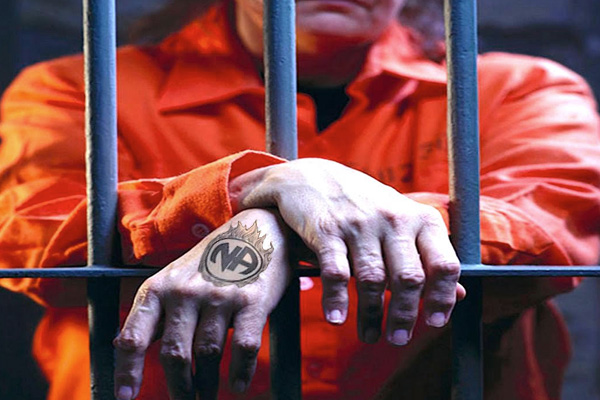YES, GREAT IDEA –
Jan. 19, 2022 – Not offering treatment to people with opioid use disorder in jails and prisons can have devastating consequences, including a return to use and heightened risk of overdose and death after release,” she noted in an institute news release.
People with opioid addiction are hooked on illicit drugs like heroin, powerful painkillers such as oxycodone (OxyContin) or synthetic opioids like fentanyl.
The study included 469 adults jailed in two rural Massachusetts jails, one in Franklin County (197 prisoners) and the other in Hampshire County (272 prisoners). Most were male, white and aged 34 to 35. All had opioid addiction, which is an epidemic in the United States, and left the jails between Jan. 1, 2015 and April 30, 2019.
During that time, the Franklin County jail began offering the opioid addiction medication buprenorphine to prisoners, while the Hampshire County facility did not.
An analysis of the jails’ electronic booking systems showed that less than half of the participants from the Franklin County jail re-offended, compared with 63% of those from the Hampshire County jail.
New criminal charges were laid against 36% of participants from the Franklin County jail, compared to 47% of those from the Hampshire County jail. While about four out of 10 of those in the Hampshire County group ended up back in jail, the rate was just over 20% in the Franklin County group.



